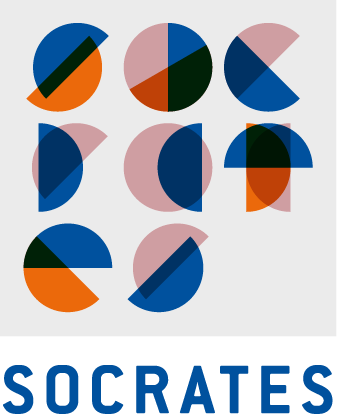Indigenous knowledge “as it is”: The Good and Bad of Combining Knowledge Systems
Yolanda López-Maldonado (Indigenous Science)
Indigenous Peoples (IP) have a unique perspective and accurate knowledge (IK) on the mechanisms and dynamics in various Earth systems that have evolved over generations through direct contact with the environment. Scientific and policy spheres suggest the need to gather such information and combine it with Western science approaches to fill information gaps (e.g. by combining the knowledge produced or held by academics and non-academics with the knowledge of IP). The combination of different knowledge systems to solve environmental problems is rooted in an apparent "inclusive" participation. However, in the name of such participation, IP are involved in those spheres often to learn and process concepts, approaches, ways of thinking and engaging with Western ways. But this may not lead to building new knowledge to its full potential because the various instruments and tools for co-production come from Western methodologies and approaches, posing the risk of being de-indigenised or rationalised to scientific disciplines and, as a consequence, IK can change, be forgotten, reinterpreted and continue being dominated by Western knowledge systems. Consequently, IK continues to be overlooked, as its independence and validity is not fully accepted. From an indigenous point of view, emphasising such processes instead of recovering IP methods and approaches severely affects indigenous ways of thinking. I argue that the current process of combining knowledge systems needs to be evaluated and conceptualised differently as, from an indigenous perspective, it is not a sufficient condition for full recognition of IK and, rather, is a way of bureaucratically incorporating IK into the scientific and policy-making spheres. More erosion of IK -even small- would markedly influence humanity's future. Thus, there is a need to initiate a process of recovery, restoration and revitalisation of IK, and this process must be initiated, led and carried out by IP.


